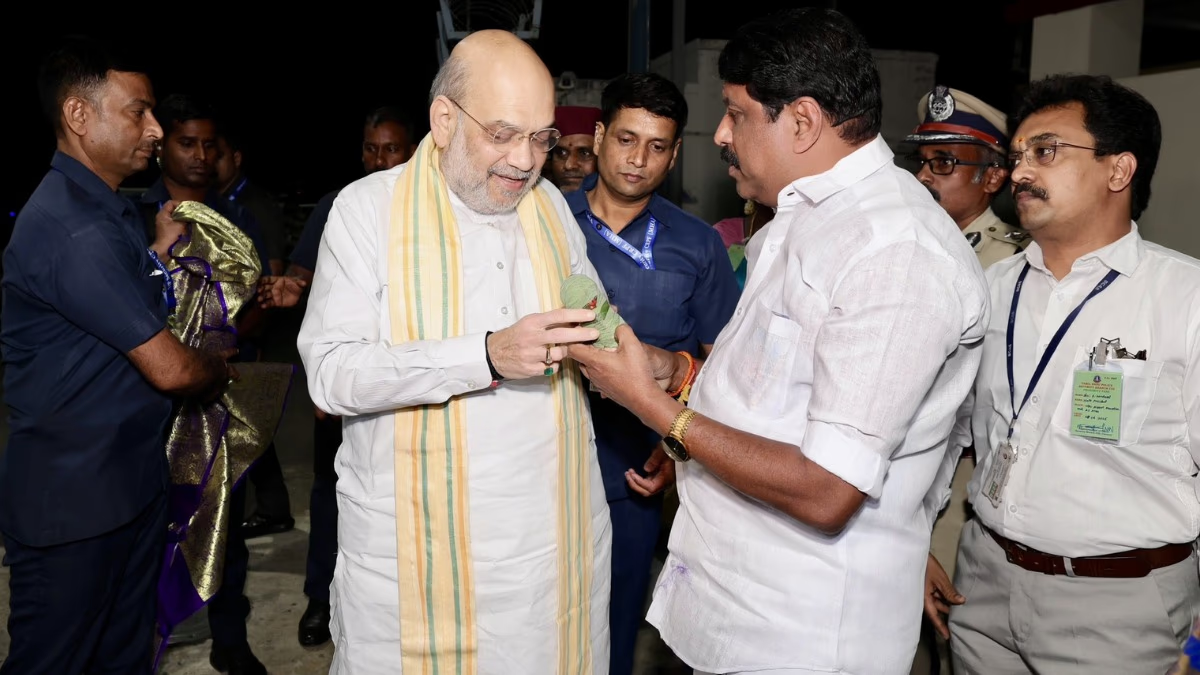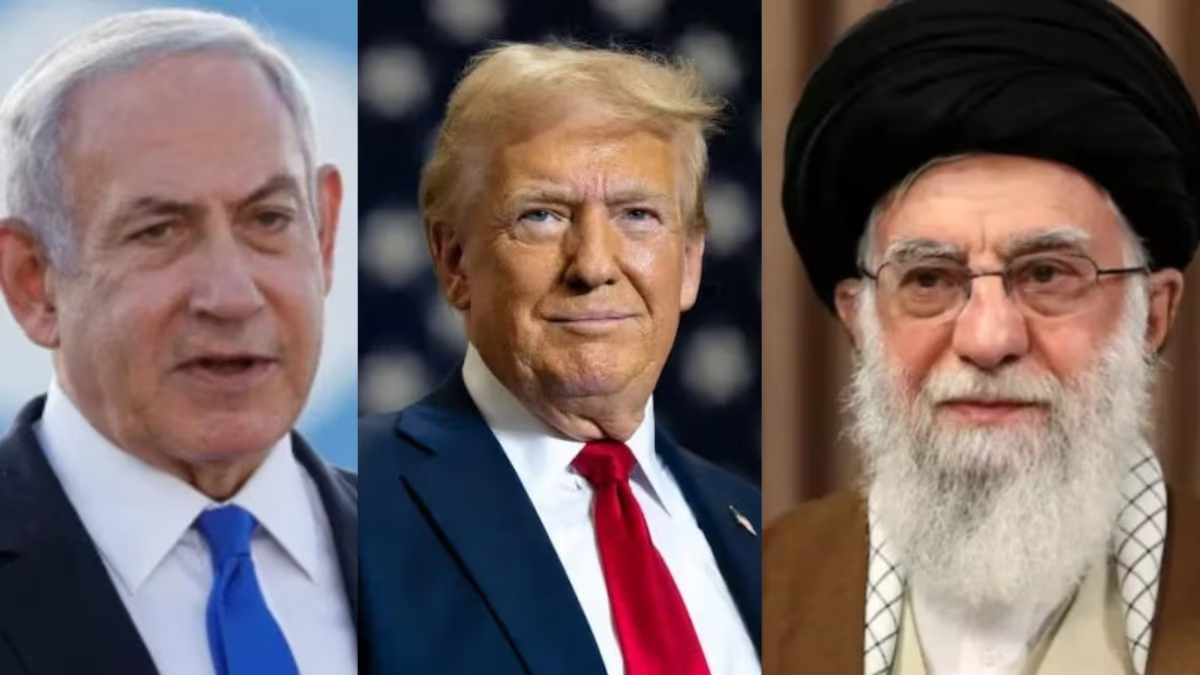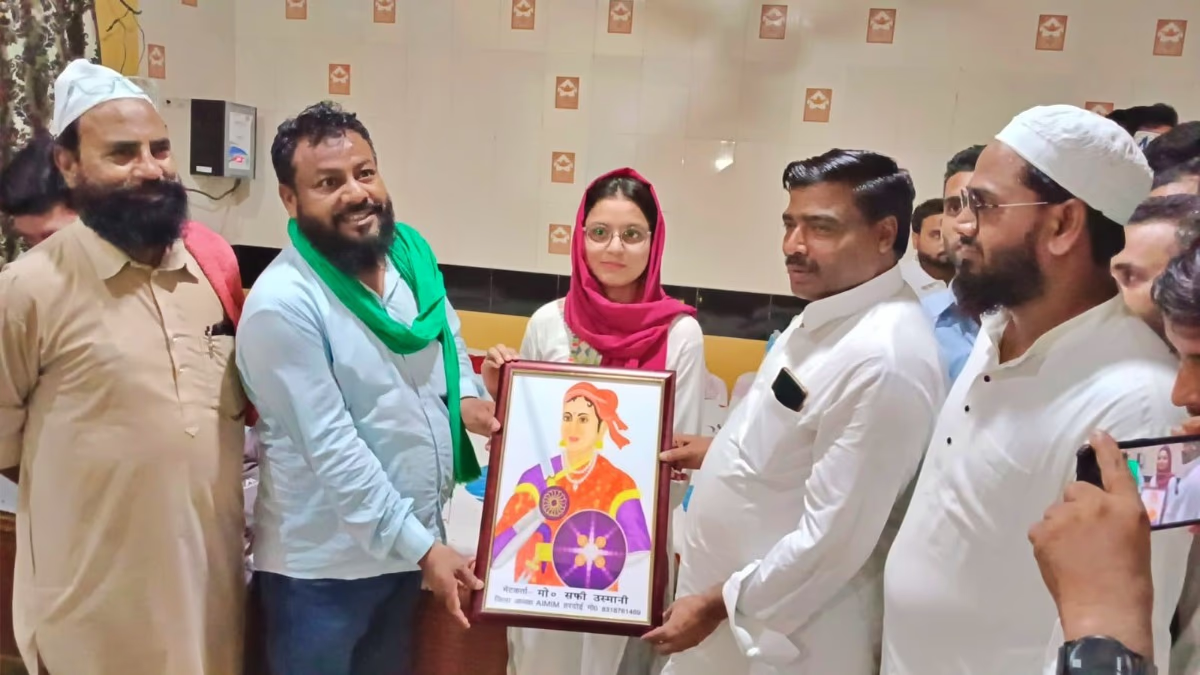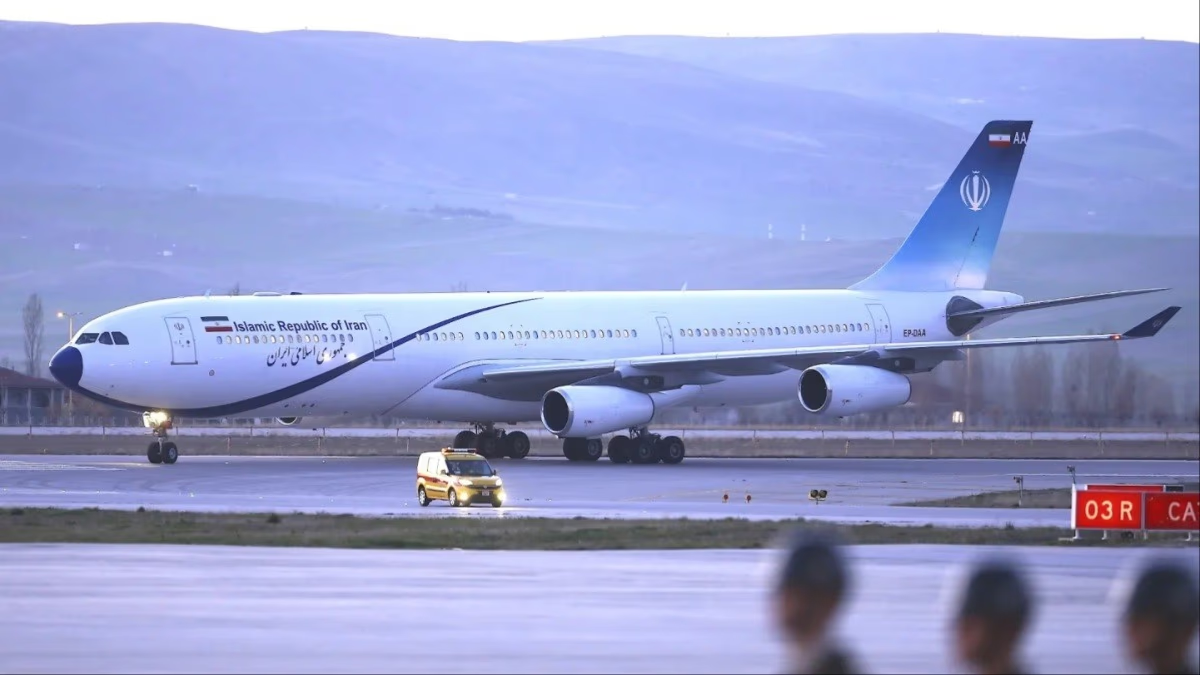What Amit Shah, the Union Home Minister, states today is often regarded as set in stone, as he frequently proves his points right, particularly in his political campaigns. He has now boldly predicted that 2026 will see the rise of the saffron flag in Tamil Nadu. He asserts that the National Democratic Alliance (NDA) will form the government here. Although this appears distant when considering past elections, Shah's predictions are rarely made without reason, demanding a closer inspection of the foundation behind his confident claim.
The strategies of the Bharatiya Janata Party (BJP), the changing political landscape of Tamil Nadu, and the influence of central government policies might be the elements that make Shah's predictions come true. The assertion is not just a political statement but resonates with BJP’s long-term strategy, regional alliances, and the potential shifts in Tamil Nadu’s socio-political scenario. Let's delve into the reasons why the Home Minister's words hold promise.
1. The BJP and AIADMK Alliance
No one can deny that for the past four decades, Tamil Nadu has been dominated by polarizing politics. On one pole stands AIADMK, and on the other, DMK. A significant foundation of Amit Shah's claim is the reestablishment of the alliance between BJP and the All India Anna Dravida Munnetra Kazhagam (AIADMK). BJP has declared this alliance with AIADMK, a major Dravidian party, for the 2026 assembly elections in Tamil Nadu. This coalition had parted ways in 2023 but has reunited in recent months. The importance of this alliance lies in AIADMK’s strong grassroots presence, particularly in rural and southern regions. From 2011 to 2021, AIADMK held sway for two consecutive terms, winning 66 seats in the 2021 elections, marking it as a significant regional force.
Amit Shah has undertaken numerous steps to cement this alliance. Beyond merely meeting with AIADMK leader E. Palaniswami in Delhi, the BJP made notable sacrifices for Annamalai, a state-president who emerged as a star BJP leader. Previously, Annamalai had accused AIADMK of corruption, sparking intense friction between the two parties, which has now been resolved. It is anticipated that this coalition will arise as a formidable alternative against DMK.
2. Undeniable Benefits for BJP in Coalition Elections
The BJP and AIADMK coalition presents a strong alternative against DMK in Tamil Nadu. AIADMK holds a robust base in rural areas, especially in Southern and Western Tamil Nadu. In 2021 elections, AIADMK captured 66 seats, and if BJP's urban and middle-class vote bank combined with it, it could pose a threat to DMK.
The combined vote banks of both parties could forge a powerful force. In the 2024 Lok Sabha elections, BJP received 11.24% and AIADMK 20.46% of votes, a combination approximating 31.7%. In contrast, DMK secured 26.93% of the vote. Clearly, together, their joint vote share surpasses DMK's. For instance, in Coimbatore, BJP’s K. Annamalai received 5.6 lakh votes, and AIADMK 2.4 lakh, overshadowing DMK's 4.7 lakh. Had they been in alliance, the seat could have been theirs.
Likewise, in the 2021 assembly elections, BJP captured 8.9% and AIADMK 33.3% of votes, jointly achieving 42.2%. DMK garnered 40.6%, but missed securing more seats due to a lack of coalition and seat-sharing strategies, resulting in AIADMK-BJP winning merely 66 and 4 seats separately.
In the 2014 Lok Sabha elections, BJP, in coalition with PMK and DMDK, won the Kanyakumari seat with 5.59% votes. An alliance with a major party like AIADMK could ensure victories across numerous constituencies such as Coimbatore, Tirunelveli, and Chennai in 2026.
3. Rising Discontent Against the DMK Government
The DMK government, which came to power in 2021, is facing criticism on numerous fronts, likely intensifying anti-incumbency sentiments. Amit Shah accused DMK of large-scale corruption, while Annamalai spearheaded a vigorous anti-government campaign. BJP and AIADMK critics of DMK highlight nepotism and dynastic politics, noting the speculations around MK Stalin's son Udhayanidhi Stalin being appointed deputy CM. Additionally, accusations of corruption among some ministers and local leaders could fuel public discontent.
During DMK’s tenure, controversies have surfaced, such as the non-implementation of the National Education Policy (NEP), resulting in the central government withholding Rs 2,152 crores for government schools. DMK has also been accused of imposing Hindi, stirring unrest, which BJP aims to exploit in its favor.
Shah has alleged that DMK fulfilled only 10% of the 510 promises made in its 2021 manifesto, including monthly financial aid for women, unemployment allowance, and affordable cooking gas. While DMK initiated popular schemes like free bus travel for women (Vidas Scheme), progress on many other promises remains slow, potentially causing dissatisfaction among the youth and lower-middle class.
4. BJP’s Growing Strength and Organizational Strategy
BJP’s organizational acumen saw it secure 11.4% of votes in the 2024 Lok Sabha elections, significantly up from 3.66% in 2019. In the 2021 assembly polls, BJP secured 8.9% of the vote, a marked improvement from 2.8% in 2016. Clearly, BJP's progress in the state is evident with every election cycle.
BJP has taken several measures to bolster its structure in Tamil Nadu. Amit Shah established BJP district offices in Coimbatore, Tiruvannamalai, and Ramanathapuram as a part of expansion strategy. Additionally, Shah addressed over 10,000 workers in Madurai, urging unity against DMK.
BJP has advanced local leaders such as K. Annamalai to elevate its standing. Annamalai has strengthened the party’s presence in regions, including Chennai Central, Chennai South, Nilgiri, Tirunelveli, Kanyakumari, and Coimbatore. Shah has directed workers to reach every village, street, and home.
Exploring the corridors of Tamil Nadu's vibrant politics, as guided by Amit Shah's vision.




